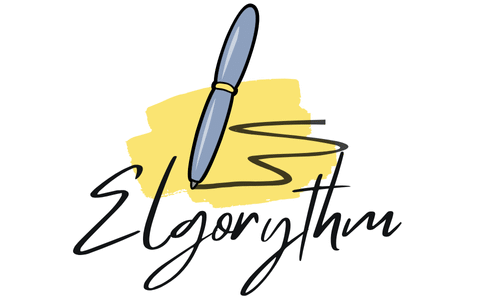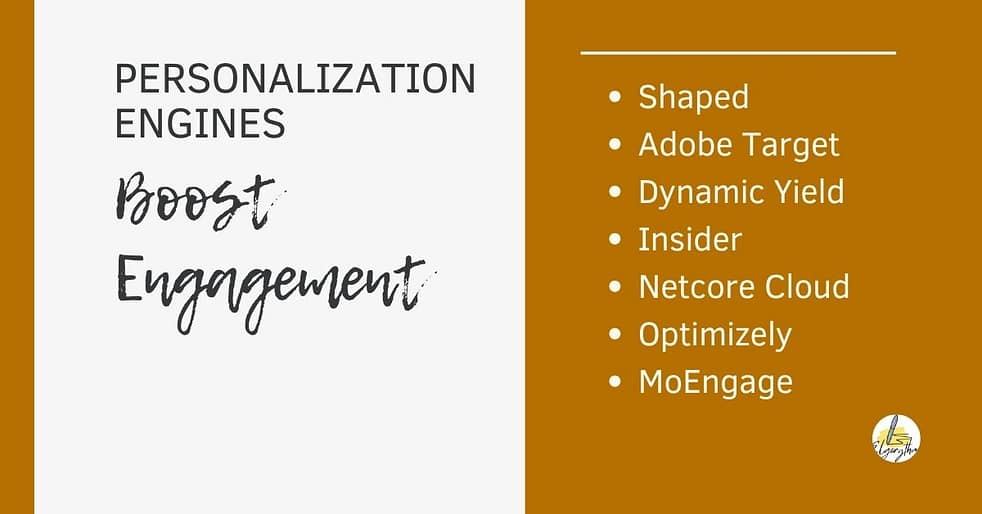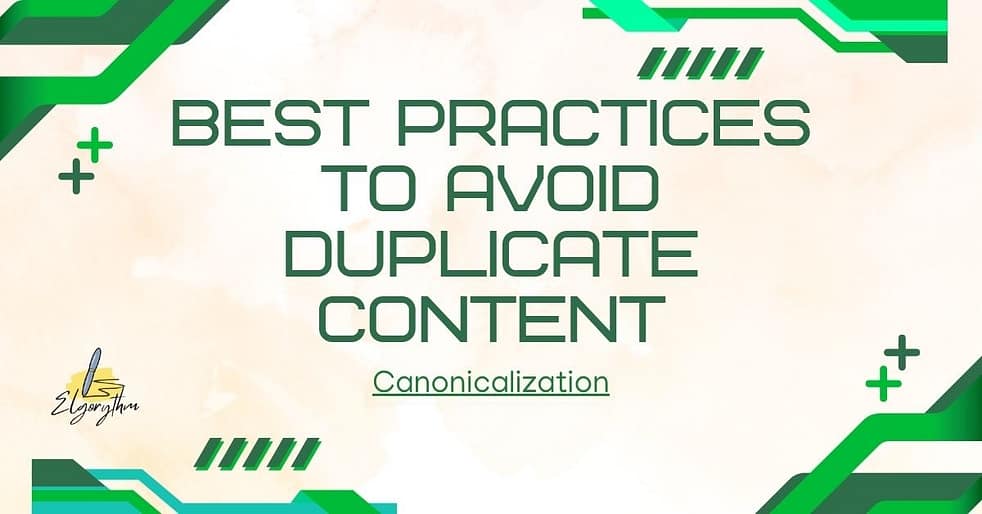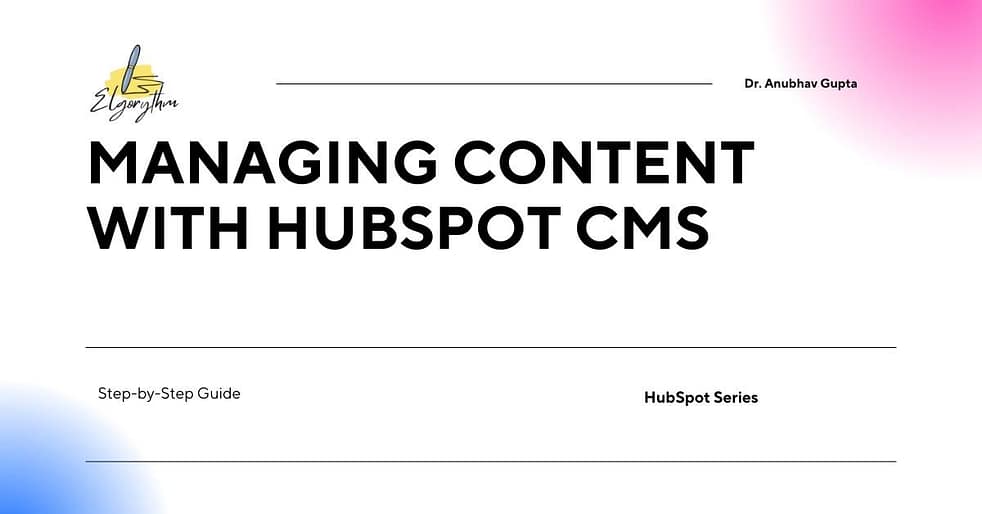Introduction
Modern businesses demand sophisticated personalization engine platforms to deliver compelling customer experiences that drive engagement and conversion. With the personalization software market valued at $11.98 billion in 2025 and projected to reach $31.62 billion by 2030, organizations must strategically implement AI personalization software to remain competitive. This comprehensive guide examines leading solutions that transform static experiences into dynamic, individualized interactions across all customer touchpoints.
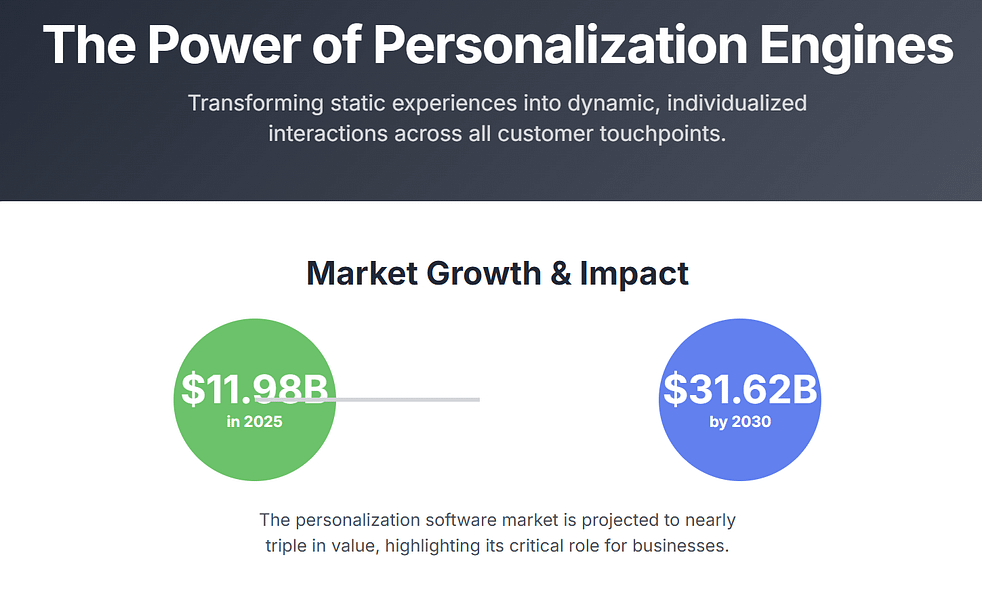
Leading Personalization Engine Platforms
Shaped
Best For: Data-driven teams requiring unified search and recommendations
Shaped delivers AI-native personalization through advanced machine learning architecture combining content understanding via embeddings, feature stores, and multi-stage retrieval ranking systems. The platform excels at unifying search and recommendations with shared intelligence.
Key Features:
- Unified search and recommendation engine with cross-learning capabilities
- Real-time feature store with continuous feedback loops
- Value modeling for dynamic objective balancing without retraining
- Warehouse-native integration with SQL transforms and broad connectors
Proven Results: Trela achieved a 16% AOV uplift through personalized suggestions and checkout upsell carousels
Pricing: Usage-based monthly model; contact for custom quotes

Adobe Target
Best For: Enterprise organizations requiring comprehensive testing and personalization
Adobe’s enterprise-grade personalization engine within Experience Cloud provides automated personalization, sophisticated recommendations, and deep integration with marketing workflows.
Key Features:
- AI-powered predictive content selection based on historical performance
- Token-based personalization enabling real-time variable customization
- Advanced A/B and multivariate testing capabilities
- Seamless integration with Adobe Creative Suite and marketing tools
Pricing: Enterprise pricing based on feature requirements and usage volume
Dynamic Yield
Best For: Omnichannel personalization across web, mobile, email, and advertising
Dynamic Yield provides comprehensive personalization capabilities with machine learning-driven targeting and real-time content optimization. The platform supports sophisticated behavioral and contextual targeting options.
Key Features:
- Precision targeting with differentiative machine learning algorithms
- Real-time behavioral and event-based targeting capabilities
- Cross-channel personalization spanning web, mobile apps, email, and ads
- Visual editor requiring no technical development resources
Proven Impact: HRS achieved double-digit ARPU uplift, while Sky delivered 140% improvement from lapsed subscribers
Pricing: Custom enterprise pricing based on implementation scope
AI Personalization Software Solutions
Insider
Best For: Enterprise brands seeking comprehensive omnichannel personalization
Insider empowers organizations with deep personalization capabilities spanning traditional AI, conversational AI, and generative AI technologies. The platform provides unified customer experiences across all digital touchpoints.
Key Features:
- Live user profile updates continuously syncing across touchpoints
- Channel-aware logic automatically adjusting content based on interaction context
- Predictive audiences using behavioral and historical data for segment creation
- Cross-channel orchestration connecting personalization logic across campaigns
Capabilities: Real-time personalization, AI-powered segmentation, and comprehensive analytics
Pricing: Enterprise pricing with custom implementation packages
Netcore Cloud
Best For: E-commerce businesses requiring scalable content personalization
Netcore Cloud transforms static websites into dynamic digital experiences through AI-driven content personalization and real-time recommendation engines.
Key Features:
- Customer data platform leveraging deep understanding of visitor behavior
- Real-time product recommendations across website touchpoints
- No-code implementation with swift deployment capabilities
- Comprehensive analytics tracking conversion uplift and revenue impact
Customer Results: Achieved 4X conversion rate uplift and 13.2% revenue increase for enterprise clients
Pricing: Tiered pricing based on website traffic and feature requirements
Dynamic Content Personalization Tools
Optimizely Personalization
Best For: Growth teams requiring experimentation-driven personalization
Optimizely combines industry-leading experimentation capabilities with advanced personalization features, earning Gartner Leader status in the 2025 Personalization Engines Magic Quadrant.
Key Features:
- AI-driven segments with automated profile summaries
- Contextual multi-armed bandits for 1:1 targeting optimization
- Generative AI capabilities across optimization lifecycle stages
- Warehouse-native analytics through NetSpring acquisition
Recognition: Named Leader in both Gartner and Forrester analyst reports for personalization
Pricing: Usage-based pricing with enterprise support packages
MoEngage
Best For: Consumer brands crafting responsive, data-driven customer journeys
MoEngage integrates real-time personalization with behavioral analytics, enabling marketers to trigger contextual content based on live user intent patterns.
Key Features:
- Real-time product recommendations across web and mobile platforms
- Dynamic push notifications adapting to user intent and session actions
- Smart triggers based on funnel stage, frequency, and custom events
- AI-powered journey optimization with automatic performance selection
Strengths: Excellent mobile-first support with built-in analytics and journey builder
Pricing: Tiered plans based on active user volumes and feature access
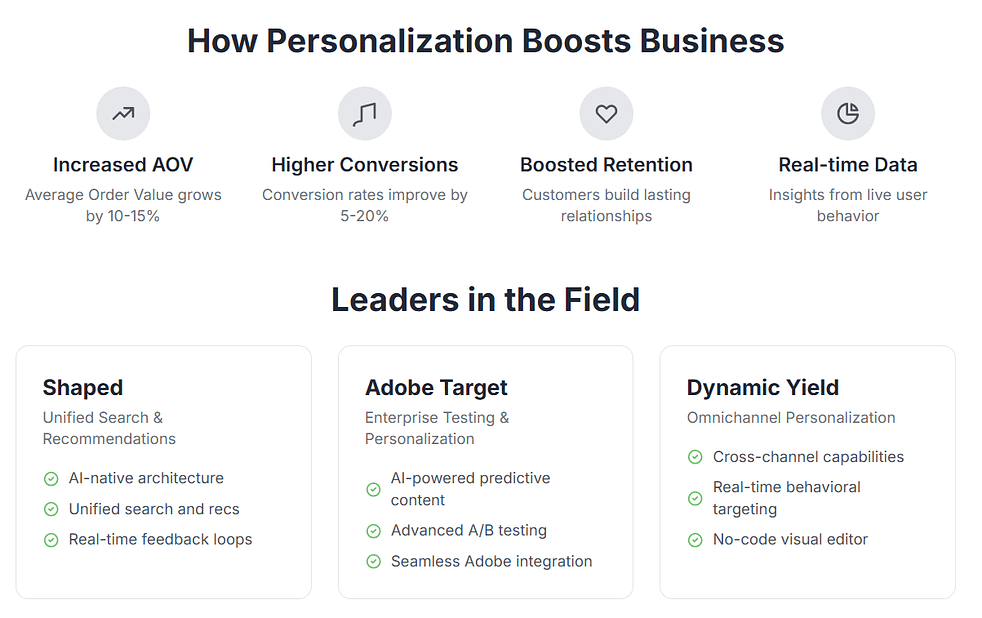
Best Personalization Engines 2025: Selection Criteria
AI-Native Architecture Assessment
Modern personalization engine platforms must demonstrate AI-native foundations rather than retrofitted capabilities. Evaluate platforms offering vector search, embeddings, real-time feature stores, and continuous learning loops.
Multi-Channel Capabilities
Leading solutions support personalization across web, mobile applications, email, SMS, and advertising channels with consistent customer profile synchronization.
Real-Time Processing Power
Dynamic content personalization tools should deliver real-time content adaptation based on current user behavior, not batch-processed historical data.
Integration Ecosystem Depth
Assess compatibility with existing CRM systems, data warehouses, analytics platforms, and marketing automation tools for seamless implementation.
E-commerce Personalization Solutions
Amazon Personalize Advanced
Best For: Large-scale e-commerce operations requiring battle-tested recommendation technology
Built from Amazon’s retail recommendation infrastructure, this solution handles massive data volumes while providing real-time personalization at scale.
Key Features:
- Real-time recommendations processing large transaction volumes
- Advanced machine learning algorithms incorporating behavior and purchase history
- Full AWS service integration for existing cloud architectures
- Proven scalability handling enterprise-level traffic patterns
Competitive Advantage: Leverages Amazon’s proven retail personalization algorithms
Pricing: Usage-based AWS pricing model with pay-per-recommendation structure
Recombee
Best For: Businesses requiring real-time personalization with cost-effective pricing
Recombee specializes in real-time personalization using hybrid algorithms combining collaborative filtering, content-based filtering, and knowledge-based systems.
Key Features:
- Real-time data processing enabling immediate recommendation updates
- Hybrid algorithm approach capturing diverse user preference patterns
- Usage-based pricing model accommodating varying traffic patterns
- E-commerce platform integrations with Shopify and Magento
Cost Efficiency: Starting at $0.0005 per recommendation with scalable pricing
Impact: Personalized recommendations increase average order value by 10% and boost conversion rates by 5%
Personalized Marketing Automation Implementation
Data Foundation Requirements
Successful personalized marketing automation demands comprehensive first-party data collection spanning browsing behavior, purchase history, and engagement patterns.
Segmentation Strategy Development
Effective personalization begins with sophisticated audience segmentation based on behavioral triggers, demographic attributes, and engagement levels.
Campaign Automation Workflows
Implement automated delivery systems triggering personalized content based on customer actions like cart abandonment, purchase completion, or website revisits.
Privacy-Conscious Personalization
Balance personalization effectiveness with data privacy compliance through transparent data usage policies and customer consent management.
Selection Framework for Personalization Platforms
Business Requirements Assessment
Audience Scale: Determine maximum customer volumes and concurrent user handling requirements.
Technical Complexity: Evaluate in-house technical resources versus no-code implementation preferences.
Channel Coverage: Assess required personalization touchpoints across digital ecosystem.
Performance Measurement Criteria
Engagement Metrics: Monitor click-through rates, time-on-site, and content interaction improvements.
Conversion Impact: Track revenue per visitor, average order value, and purchase completion rates.
Customer Satisfaction: Measure retention rates, loyalty program engagement, and customer lifetime value increases.
Implementation Timeline Planning
Setup Complexity: Evaluate onboarding time requirements and technical implementation phases.
Data Migration: Plan customer data integration and historical information transfer processes.
Team Training: Account for staff education and adoption curve considerations.
Future Trends in AI-Driven Personalization
Hyper-Personalization Evolution
AI personalization software continues advancing toward real-time, context-aware experiences leveraging predictive analytics and behavioral forecasting.
Privacy-First Approaches
Emerging solutions emphasize first-party data utilization while maintaining transparent customer data practices and regulatory compliance.
Generative AI Integration
Next-generation platforms incorporate generative AI for dynamic content creation, personalized messaging, and creative asset generation.
Conclusion
Selecting optimal personalization engine platforms requires careful evaluation of AI capabilities, integration requirements, and business objectives. Shaped excels for data-driven organizations seeking unified search and recommendation systems, while Adobe Target serves enterprise environments requiring comprehensive testing capabilities. Dynamic Yield provides exceptional omnichannel reach, and Insider delivers complete customer experience personalization.
The best personalization engines 2025 combine advanced machine learning with real-time processing capabilities, enabling organizations to deliver individualized experiences at scale. Success depends on choosing platforms offering robust AI personalization software features while maintaining seamless integration with existing marketing technology stacks.
Organizations implementing e-commerce personalization solutions should prioritize platforms demonstrating proven ROI through increased conversion rates, enhanced customer engagement, and improved retention metrics. The future belongs to businesses leveraging dynamic content personalization tools that adapt to customer behavior in real-time while respecting privacy preferences and building lasting customer relationships.
Frequently Asked Questions
What features distinguish the best personalization engine platforms in 2025?
Leading personalization engine platforms offer AI-native architecture with real-time processing, unified customer profiles, cross-channel orchestration, and advanced machine learning algorithms. Look for solutions providing seamless integration capabilities, comprehensive analytics, and no-code implementation options while maintaining enterprise-grade security and scalability requirements.
How does AI personalization software improve customer engagement and conversions?
AI personalization software analyzes customer behavior patterns, preferences, and historical interactions to deliver tailored content recommendations in real-time. This targeted approach increases click-through rates, reduces bounce rates, and improves conversion rates by presenting relevant products, content, and offers at optimal moments throughout the customer journey.
What capabilities should I prioritize in dynamic content personalization tools?
Effective dynamic content personalization tools should provide real-time content adaptation, behavioral trigger automation, A/B testing functionality, and cross-channel consistency. Prioritize platforms offering visual editors, advanced segmentation capabilities, predictive analytics, and comprehensive performance tracking to maximize engagement and conversion optimization results.
How do e-commerce personalization solutions impact revenue and customer retention?
E-commerce personalization solutions typically increase average order value by 10-15% and boost conversion rates by 5-20% through targeted product recommendations, personalized offers, and optimized customer experiences. These platforms improve customer retention by delivering relevant content that builds stronger brand relationships and encourages repeat purchases over time.
